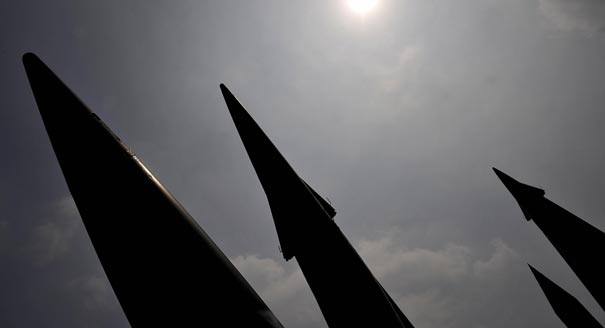Source: S&F Sicherheit und Frieden
Abstract
Nuclear disarmament, arms control, and nonproliferation policies are increasingly affected by declining regional security, increasing militarization of U.S. foreign policy, and changes to the global normative nuclear order. In the coming years, Europe, and the European Union (EU), must take on additional responsibilities to mitigate these growing risks. In particular, EU member states should focus on preserving the Intermediate-range Nuclear Forces (INF) Treaty as well as the Iran nuclear deal, finding a diplomatic solution to the conflict in Ukraine, and bridging the divide between the Ban Treaty advocates and the nuclear-weapons possessor.
This article was originally published in S&F Sicherheit und Frieden





